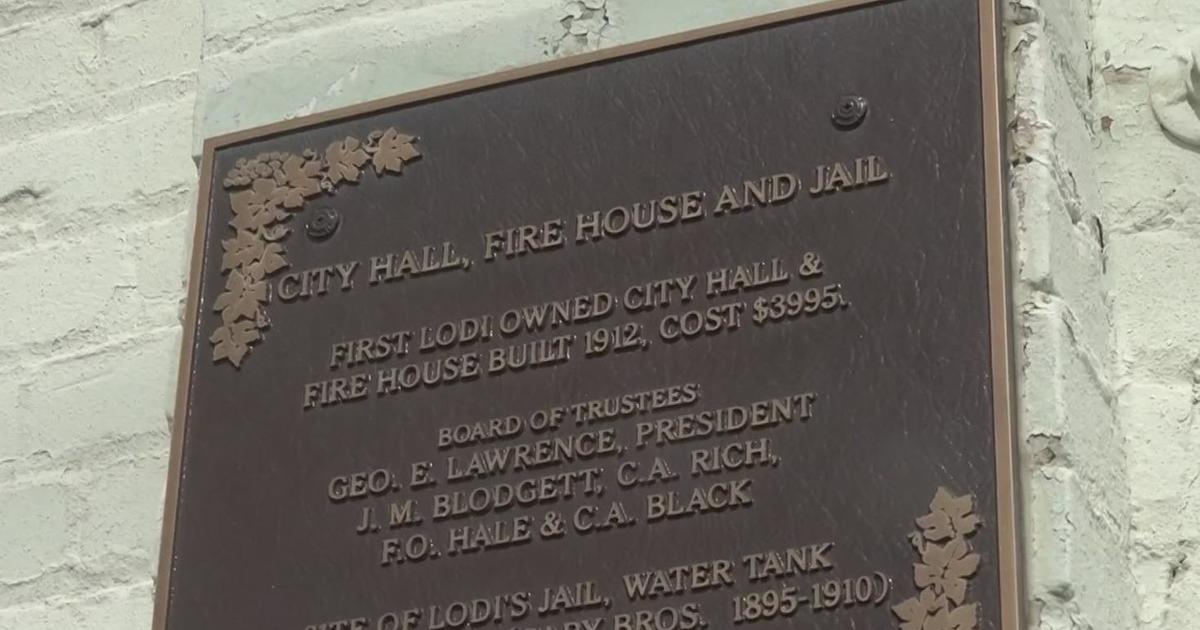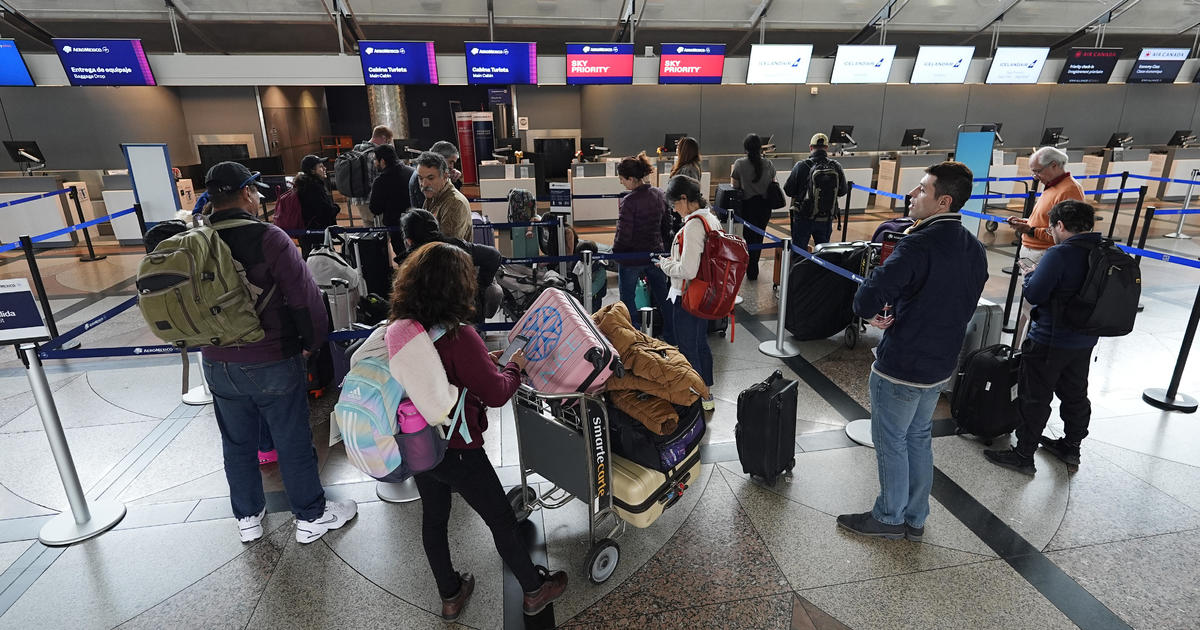SCOTUS Nixes Part Of Law Requiring Deportation Of Immigrants Convicted Of Some Crimes
(CNN) -- The Supreme Court on Tuesday invalidated a provision of federal law that requires the mandatory deportation of immigrants who have been convicted of some "crimes of violence," holding that the law is unconstitutionally vague.
The case, Sessions v. Dimaya, had originated during the Obama administration but had been closely watched to see if the justices would reveal how they will consider the Trump administration's overall push to both limit immigration and increase deportations.
As expected after the oral argument, Justice Neil Gorsuch joined with the more liberal justices for the first time since joining the court to produce a 5-4 majority invalidating the federal statute. In doing so, Gorsuch was continuing the jurisprudence of Justice Antonin Scalia, who also sided with liberals when it came to the vagueness of statutes used to convict criminal defendants.
Only eight justices heard the case last term after Scalia's death, and in late June, the court announced it would re-hear arguments this term, presumably so that Gorsuch could break some kind of a tie.
James Garcia Dimaya, a native of the Philippines, was admitted to the United States in 1992 when he was 13 as a lawful permanent resident. In 2007 and 2009, he pleaded no contest to charges of residential burglary in California. In 2010, the Obama administration brought removal proceedings against Dimaya. An immigration judge determined that Dimaya was removable from the US because of his two state court convictions.
The court held that the convictions qualified for an "aggravated felony" under the Immigration and Nationality Act, which authorizes removal of non-citizens who have been convicted of some violent crimes and defines aggravated felony to include "crimes of violence."
Lawyers for Dimaya appealed the removal arguing that it was unconstitutionally vague and that their client never had fair notice that his crimes would result in deportation.
They suggested the reasoning of a 2015 Scalia opinion, which struck a provision of the Armed Career Criminal Act as unconstitutionally vague, should extend to their case.
The Ninth Circuit Court of Appeals ruled in Dimaya's favor.
In court, arguing for the Trump administration, Deputy Solicitor General Edwin Kneedler said that when it comes to deportation, "I think it is important for the court to understand that immigration provisions and grounds for deportation are often written in very broad and general terms and given content by the executive branch in which Congress has vested authority."
Michael Kagan of the University of Nevada Las Vegas, an expert on immigration law, notes that Dimaya's challenge began when President Barack Obama was still in office and that Tuesday's ruling is "another sign from the court that due process matters when it comes to deportation."
"This ruling is something immigrants can cite to as they argue for more constitutional protections in other areas," he said.
The-CNN-Wire
™ & © 2018 Cable News Network, Inc., a Time Warner Company. All rights reserved.



